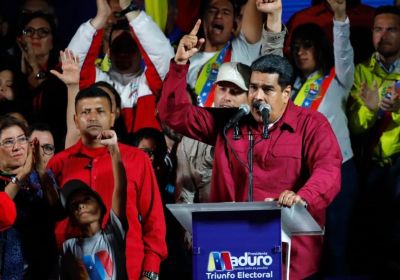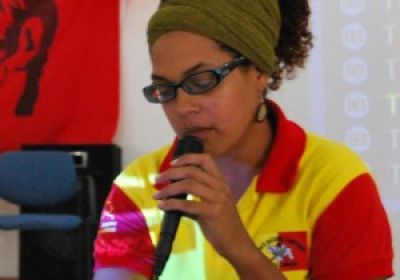-
-
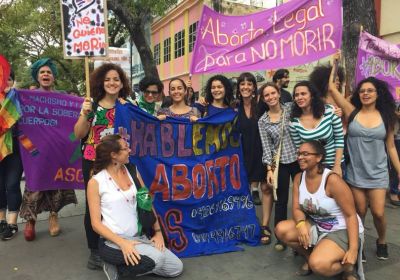
Women’s and LGBTI rights activists presented Venezuela’s National Constituent Assembly (ANC) with a series of proposals to legalise abortion and expand sexual and reproductive rights on June 20. This comes in the wake of the vote in Argentina’s Congress to legalise abortion, and at a time when the issue of abortion has gained added importance given the impact Venezuela’s economic crisis has had on women.
-
-
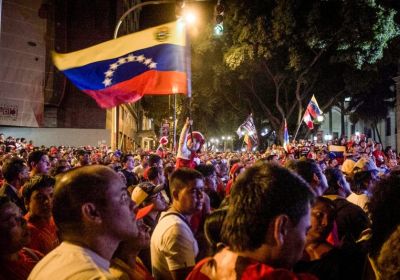
More than 300 international representatives from organisations such as the African Union, the Caribbean Community and the Electoral Experts Council of Latin America, as well as former heads of states, parliamentarians, trade unionists and solidarity activists, were present for Venezuela’s May 20 presidential vote. Among them was Eulalia Reyes de Whitney, a Venezuelan-born activist with the Australia Venezuela Solidarity Network (AVSN).
-

Voices from across South America have denounced Israel’s massacre of more than 50 Palestinians on May 14 and its ongoing repression of protesters participating in the Great March of Return that began in Gaza on March 30.
They have also condemned the United States’ decision to move its Embassy to Jerusalem and pledged support to the boycott, divestment and sanctions (BDS) campaign against Israeli apartheid.
-
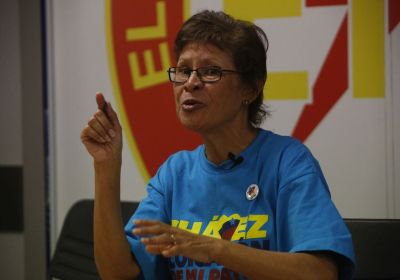
Campaigning is well underway for Venezuela’s May 20 national vote to elect the nation’s president and representatives to municipal councils and state legislatures. To get a sense of the campaign and situation in the South American country today, Federico Fuentes spoke to Australia Venezuela Solidarity Network (AVSN) Brisbane co-convenor Eulalia Reyes de Whitney, who has been back in her home country for the past several months.
-
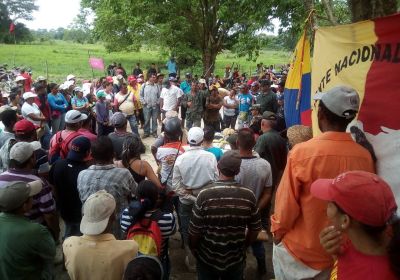
While the voices of Venezuela's right-wing opposition are continuously amplified by the corporate media, rarely are the voices of grassroots activists heard. Green Left Weekly’s Federico Fuentes spoke to Pacha Catalina Guzman, a leading activist with Venezuela’s largest peasant-based organisation, the Ezequiel Zamora National Campesino Front (FNCEZ), to get her view on the current economic crisis and how rural communities are organising to deal with the situation.
-
-
-
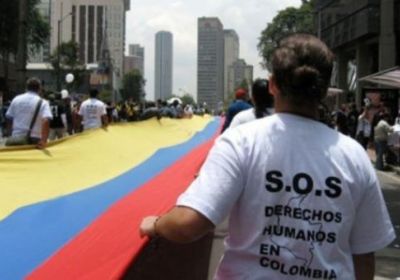
More than 100 community and social activists were assassinated in Colombia between January 1 and August 18 this year, according to a new report released by the Institute for Development and Peace Studies (Indepaz). The report showed that a further 194 activists received death threats during this same time.
The report also found that 12 members of the Revolutionary Armed Forces of Colombia (FARC) were assassinated between April 14 and August 17, as were 11 relatives of FARC members.
-
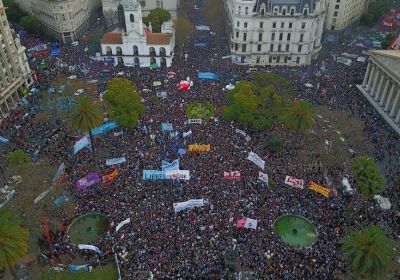
More than 100,000 people filled the Plaza de Mayo in the country’s capital, Buenos Aires, on September 1 to demand the reappearance with life of indigenous rights activist Santiago Maldonado. The rally was held to mark a month since 28-year-old Maldonado was last seen.
Maldonado had been participating in a protest with a group of indigenous Mapuche people on August 1 in Chubut province, in Argentina’s iconic Patagonia region. The protest was repressed by Border Force officers, who witnesses allege were seen dragging Maldonado into a van.
-
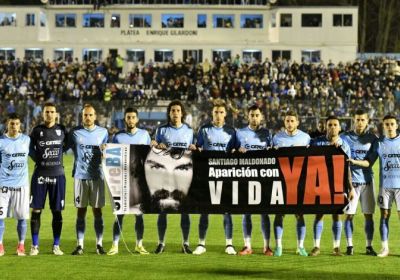
Football players, past and present, have spoken out on the case of Santiago Maldonado, an indigenous rights activist who has not been seen since Border Force officers violently broke up a protest by a Mapuche community in Argentina’s Patagonia region on August 1.
Federico Fuentes
Federico Fuentes

